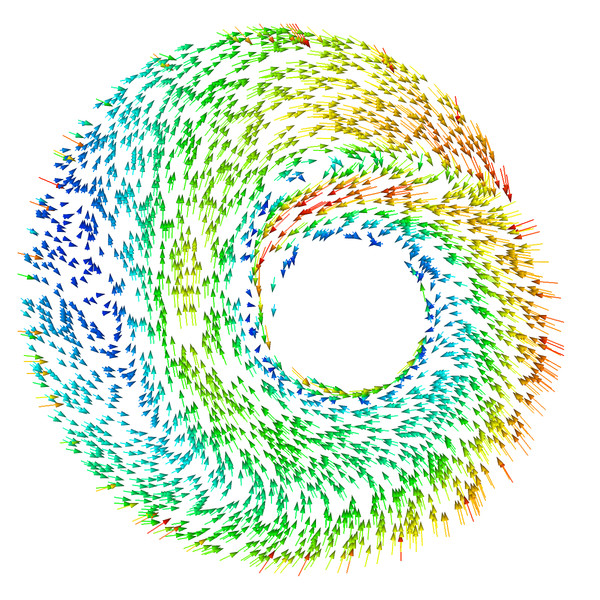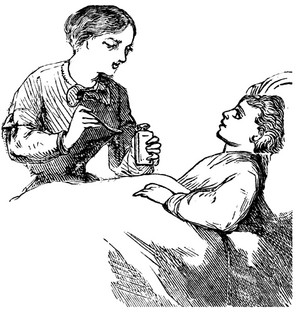


 |
| Did You Hear the One I Just Made Up? |
(permalink) |
 |
 |
 |
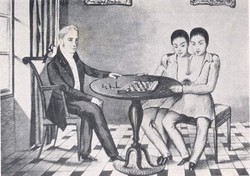
Eng and Chang play a game of chess. View original size in the picture gallery at this site (beware of popups).
Did you hear about that chess champion being under investigation? It seems he has a checkered past. If you are challenged to play a game of chess against Siamese twins, is it politically incorrect to handicap yourself? Speaking of chess, here's a small glossary of " Unusual Chess Words" (including problemistically and Zugzwanger). However, I couldn't find the word for the game that combines chess and volleyball. |


 |
Piecing together the secret of creation . . .
 |
* The most profound secrets lie not wholly in knowledge, said the poet. They lurk invisible in that vitalizing spark, intangible, yet as evident as the lightning—the seeker's soul. Solitary digging for facts can reward one with great discoveries, but true secrets are not discovered—they are shared, passed on in confidence from one to another. The genuine seeker listens attentively. No secret can be transcribed, save in code, lest it—by definition—cease to be. This Book of Whispers collects and encodes more than one hundred of humankind's most cherished secrets. To be privy to the topics alone is a supreme achievement, as each contains and nurtures the seed of its hidden truth. As possessor and thereby guardian of this knowledge, may you summon the courage to honor its secrets and to bequeath it to one worthy. |
|

 |
|

 |
|
|
 |
 |
Tauba Auerbach's "Listen/Silent" anagram reminds me of a poem by Thomas Moore: When to sad Music silent you listen,
And tears on those eyelids tremble like dew,
Oh, then there dwells in those eyes as they glisten
A sweet holy charm that mirth never knew.
I like the idea of teardrops being a magical potion, glistening with enchantment of a shadowy (mirthless) yet sacred nature.
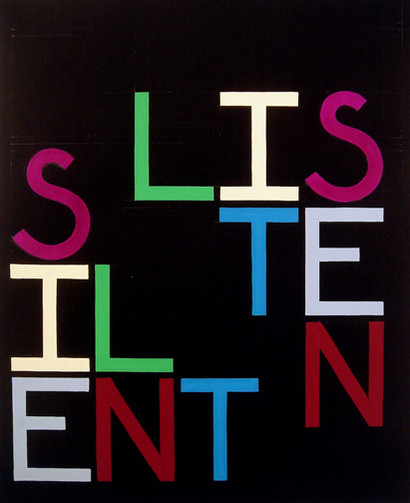
This anagram is by Tauba Auerbach and appears here by special arrangement.
|

 |
| Puzzles and Games :: Letter Grids |
(permalink) |
 |
 |
 |

This puzzle grid contains several big words. Can you find them?
• 7-letter words: 8
• 8-letter words: 3
• 9-letter words: 1
The 9-letter word refers to shelled pine nuts. All letters in the word must touch (in any direction), and no square may be reused.
Click to display solutions
|
| 7-letter words: |
• airlike
• dislike
• liaison
• pignoli |
• pikakes
• wakikis
• warison
• warlike |
| 8-letter words: |
• dislikes
• pignolia |
• pignolis |
| 9-letter words: |
| • pignolias |
|
|


 |
|
|
 |
 |
This rebus is a put-down of a pop star often in the news. Can you decode it? Highlight the black bar to reveal answer: "Brittany / spears / is a / boar = Britney Spears is a bore."(Images from Wikimedia Commons) |


 |
ResistanceResistance outwits the amateur with the oldest trick in the book: It uses his own enthusiasm against him.
—Steven Pressfield, The War of Art (2003)
|

 |
|
|
 |
 |
| I Found a Penny Today, So Here's a Thought |
(permalink) |
 |
 |
 |

Benedictus de Spinoza, the 17th-century rationalist.
A family friend once boldly announced during a conversation that " Spinoza was an idiot." As of this blog posting, no one indexed by Google has ever written that exact phrase. People have said that Spinoza was:
" beside himself with grief and rage"
" dependent on his own work for a livelihood" " little understood in his time" "accused of abominable heresies and monstrous deeds" " uncanny, both personally and philosophically" " an easy man to revile but not necessarily an easy man to dislike" "as close as philosophy could come to sainthood — a life of austerity, rationality, independence, principle, rarefied thought" " loveable"
"offered 1000 florins to keep quiet about his views, but refused" " unique to the point of solitariness" " not at all put out by this" While looking up Spinoza humor online, I discovered that there are no jokes indexed on Google that begin, "Spinoza walks into a bar." The phrase "Did you hear the one about Spinoza" also returns zero results. I guess Spinoza had the last laugh. |

 |
Piecing together the secret of the cosmic egg . . .
 |
* The most profound secrets lie not wholly in knowledge, said the poet. They lurk invisible in that vitalizing spark, intangible, yet as evident as the lightning—the seeker's soul. Solitary digging for facts can reward one with great discoveries, but true secrets are not discovered—they are shared, passed on in confidence from one to another. The genuine seeker listens attentively. No secret can be transcribed, save in code, lest it—by definition—cease to be. This Book of Whispers collects and encodes more than one hundred of humankind's most cherished secrets. To be privy to the topics alone is a supreme achievement, as each contains and nurtures the seed of its hidden truth. As possessor and thereby guardian of this knowledge, may you summon the courage to honor its secrets and to bequeath it to one worthy. |
|

 |
|




 |
Quotation Out of ContextMr. Colegrove was able to arrive at his dramatic conclusion by the oldest trick in the book—quotation out of context.
—Senate Committee on Foreign Relations, Situation in Vietnam (1959)
|


 |
|




 |
|
|
 |
 |
"When our modern monuments have crumbled to dust, when the careless hand of time has worn away all traces of the twentieth century, you can be certain that somewhere in an Australian country town there will be a disc jockey saying, 'And that was Doris Day with her classic hit ' Que Sera, Sera.'" —Bill Bryson, In A Sunburned Country (2001)
Which hand below represents "the careless hand of time"?
Highlight this black square to reveal answer: B.
|

 |
| Puzzles and Games :: Letter Grids |
(permalink) |
 |
 |
 |

This puzzle grid contains several big words. Can you find them?
• 7-letter words: 10
• 8-letter words: 2
One of the 8-letter words describes an embarrassed smile. All letters in the word must touch (in any direction), and no square may be reused.
Click to display solutions
|
| 7-letter words: |
• aerosat
• fishers
• fishery
• pushers
• pushups |
• rushees
• sparers
• spearer
• stroyer
• suffuse |
| 8-letter words: |
| • sheepish |
• spearers |
|
|


 |
|

 |
Putting Things Back Where You Found ThemPut things back where you found them. Sure, it's one of the oldest tricks in the book—so old that nobody seems to pay it any mind.
—Prevention's Best Fat Fighters (2001)
|

 |
|
|
 |
 |
"Q" is an "O" with a little "tail" leading out of the closed space inside of the "O." So, "Q" symbolizes a closed space with a "way out." —W. C. Vetsch, Text.
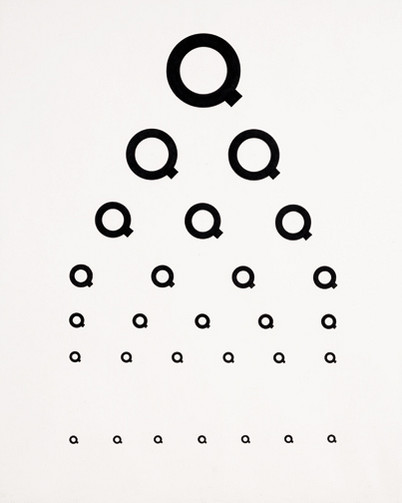
This whimsical eye exam is by Tauba Auerbach and appears here by special arrangement.
|

 |
|


 |
Piecing together the secret of the beehive . . .
 |
* The most profound secrets lie not wholly in knowledge, said the poet. They lurk invisible in that vitalizing spark, intangible, yet as evident as the lightning—the seeker's soul. Solitary digging for facts can reward one with great discoveries, but true secrets are not discovered—they are shared, passed on in confidence from one to another. The genuine seeker listens attentively. No secret can be transcribed, save in code, lest it—by definition—cease to be. This Book of Whispers collects and encodes more than one hundred of humankind's most cherished secrets. To be privy to the topics alone is a supreme achievement, as each contains and nurtures the seed of its hidden truth. As possessor and thereby guardian of this knowledge, may you summon the courage to honor its secrets and to bequeath it to one worthy. |
|

 |
| I Found a Penny Today, So Here's a Thought |
(permalink) |
 |
 |
 |
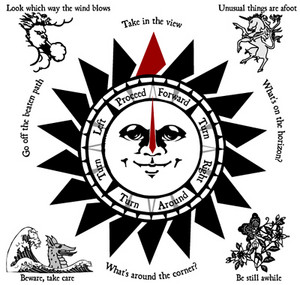
Click here to open the Fortune's Navigator Compass.
I enjoyed this description of my " Fortune's Navigator Compass" by Woof Blister: In these tempestuous times of tumult and travail, when we seem to be chartlessly traversing dangerous waters by unseen stars through uncertain straits, it is helpful when one can glean some random guidance. If you are camped in confusion at the foggy crossroads awaiting inspiration then perhaps Fortune's Navigator Compass from Abecedarian may offer a good-as-any cyber-suggestion toward where to turn next. Click in the center twice, and bon voyage! |


 |
Protection or Help in Return for Full Confession[P]rotection or help in return for full confession is the oldest trick in the book, turned by parents, priests, psychologists, cops-and lawyers.
—Susan Wittig Albert, Hangman’s Root (1995)
|

 |
|
|
 |
 |
An engineer and armchair philosopher named Joel created this terrific bar graph of one-letter words that appear in Google's 8-trillion page index. "A" is the most common single letter on Google, followed by "e," "i," "o," and "s." At first I was surprised that "v" appears more often than the vowel "u," but then I figured it must have to do with "v" appearing as a Roman numeral. I like how the letter index goes all the way to 30, as if there are slots available for letters that only appear in leap years or something. |


 |
|
|
 |
 |
This is my all-time favorite quotation about one-letter words, probably because it encapsulates the concept of the microcosm: I was the only adult in the world who knew that ... a single letter of the alphabet would suffice for the entire encyclopedia. —Sandi Kahn Shelton, Sleeping Through the Night and Other Lies
The illustration of the letter "I" is by Tauba Auerbach, whose alphanumeric work is endlessly fascinating.
|



 |
|
|
 |
 |
Moonlight and lanterns illuminate the tiles, woods, and metal work of the oldest structure in Los Angeles: the pagoda at the pool of the Hollywood Hills Hotel below the Yamashiro restaurant. This night shot I took inspired the Spooky Pagoda color palette at ColourLovers.com. |

 |
|

 |
| Puzzles and Games :: Letter Grids |
(permalink) |
 |
 |
 |

This puzzle grid contains several big words. Can you find them?
• 7-letter words: 22
• 8-letter words: 3
• 9-letter words: 3
One of the 9-letter words refers to atrociously wicked conduct. All letters in the word must touch (in any direction), and no square may be reused.
Click to display solutions
|
| 7-letter words: |
• adorner
• aneroid
• baronet
• bleater
• darnels
• enabler
• idolism
• isobare
• isolead
• jawlike
• kilobar |
• learner
• mislead
• neuroid
• readorn
• retaken
• retaker
• retread
• soleret
• tenable
• unreels
• wakener |
| 8-letter words: |
• diablery
• mislearn |
• solenoid |
| 9-letter words: |
• arytenoid
• diabolism |
• tenurable |
|
|





 |
Piecing together the secret of beauty . . .
 |
* The most profound secrets lie not wholly in knowledge, said the poet. They lurk invisible in that vitalizing spark, intangible, yet as evident as the lightning—the seeker's soul. Solitary digging for facts can reward one with great discoveries, but true secrets are not discovered—they are shared, passed on in confidence from one to another. The genuine seeker listens attentively. No secret can be transcribed, save in code, lest it—by definition—cease to be. This Book of Whispers collects and encodes more than one hundred of humankind's most cherished secrets. To be privy to the topics alone is a supreme achievement, as each contains and nurtures the seed of its hidden truth. As possessor and thereby guardian of this knowledge, may you summon the courage to honor its secrets and to bequeath it to one worthy. |
|

 |
Pretense[T]his was about the oldest trick in the book. You pretend you have something . . . and you go fishing.
—Stephen Jones, Others Unknown (2001)
My informant relaxed, having fallen for the oldest trick in the book—the one about pretending you know more than you do.
—Rosemary Edghill, Bell, Book and Murder (1998)
|

 |
|
|
 |
 |
This is from Geof Huth's delightful "Analphabet" project. See the full sized image here, and see the entire collection here. |



 |
PregnancyJoy had used the oldest trick in the book to “trap” the extremely wealthy and handsome Kelly Maxwell into marriage: Pregnancy!
—B. K. Shropshire, Misty Row (2005)
|

 |
|
|
 |
 |
Did you see this Slate headline? What exactly is the dirty word in question? Whence the !@#$?
How a dirty word gets that way.
The headline has a couple of problems. Leaving out the colon between heading and subheading I can understand for clarity purposes [comedy drum roll]. But there's clearly a typo in the third word. Dirty words spelled with random symbols are simply nonsensical. My understanding is that letter substitutions were originally made carefully, not randomly. "Shit," for example, would have been written with a dollar sign for the "s", a pound sign for the "h," an exclamation mark or inverted exclamation mark for the dotted "i", and a dagger for the "t."
$#¡†
Such code is technically meaningless but clearly readable for content. Somewhere along the way, readers apparently weren't clever enough to decipher the obvious code and assumed that dirty words were to be represented by random symbols. And today even Slate boldly perpetuates the error, in bold type no less.
Granted, perhaps Slate meant to coin a new dirty word pronounced "IAHS." I'm game enough to try it out on occasion. Or perhaps Slate has something against the International Association of Hydrological Sciences, or the Institute of Applied Human Services, or even Indo-American Hybrid Seeds.
But that would be horseshit of an entirely different color.
---
J wrote:
Prior to the digital age, it was not uncommon for a typesetter to stumble
and upset an entire drawer of metal type onto the floor. The stream of
colorful language that escaped the typesetter's mouth at such a moment
came to be represented, in print-shop legend, by the chaotic heap of type
at the clumsy individual's feet. This may be the origin of the notion
that profanity is best represented by a random assortment of characters.
|

 |
Of all my projects, my whimsical children's song "Indoor Kitty" (sung by lo-fi pioneer Ken Clinger) has inspired the most fan mail. Perhaps the "twist ending" in the lyrics is the key to the song's success? Below is my favorite visual tribute, created by longtime listeners Samantha and Catherine. "Indoor Kitty" is available for online listening on such sites as SoundClick, Last-fm, and here on OneLetterWords. |




 |
|
|
 |
 |
From Prof. Oddfellow's sketchbook:
 |
Printed collections of Forgotten Wisdom diagrams are available: Volume I from Mindful Greetings and Volumes II, III and IV from Amazon. Selected posters are also available via Zazzle. |
|

 |
| Puzzles and Games :: Letter Grids |
(permalink) |
 |
 |
 |

This puzzle grid contains several big words. Can you find them?
• 7-letter words: 12
• 8-letter words: 4
One of the 8-letter words refers to giveaways. Another refers to simple stories that teach moral lessons. All letters in the word must touch (in any direction), and no square may be reused.
Click to display solutions
|
| 7-letter words: |
• aquaria
• arables
• bailees
• earflap
• filaree
• filaria |
• freebie
• freesia
• friable
• garbles
• mixable
• parable |
| 8-letter words: |
• filarees
• filariae |
• freebies
• parables |
|
|

 |
|
|
 |
 |
Inspired by Murray Suid's brilliant and humorous Words of a Feather, I went in search of the origin of flimflam and stumbled upon something more along the lines of a creation myth: A flimflam flopped from a fillamaloo.
—Eugene Field, "The Fate of the Flimflam," Poems of Childhood (1894)
--- Murray responds: Now I've spent a good chunk of my morning looking for a picture of a "fillamaloo" or even a simple definition. Nothing comes up on the Internet. What am I supposed to do--imagine it! Robert D Strock writes: As a youngster, (I am now 85 years old), an old-timer described a "fillamaloo bird" as a native of Panama. Its right leg was longer than its left, so it was a hill dweller that always walked clockwise around the hills. It could fly upside down and backwards, and did so in ever decreasing circles until it flew up its rear end. It then would scream "fillamaloo", which translates as, "Gee, it's dark in here." He didn't have a picture of the creature. |

 |
Can you guess the nature of this diagram?
Highlight this black bar to reveal answer: It's the shockwave of a supernova.
|

 |
Playing Sick[It] ended with John pulling the oldest trick in the book—something a child would do to stay home from school. He’d played sick.
—Michael Fleeman, The Stranger in My Bed (2003)
|

 |
|
|
 |
 |
Here's a Guest Blog by linguistic riddler Murray Suid, author of Words of a Feather: One of the best things about studying our linguistic environment is accessibility. Unlike Mars or the ocean floor, language is right here. If you have good observation skills, patience, a little imagination, and a dictionary, you can collect many surprising facts. An example is Craig Conley’s discovery that there are 70 meanings for the word “X.” Having been long acquainted with X, I’d have guessed that it had only two or three definitions. I made a similarly gross underestimate when I first observed word pairs that have widely different meanings but close etymological ties. I’m talking about items such as “rectitude & rectum” (both from the Latin “rectus” meaning “straight”) and “denouement & noose” (from the Latin “nodus” meaning “knot.”) In reality, doublets are extremely common. Like a botanist gathering “new” species, I’ve collected doublets for many years. My method is firmly rooted in guesswork. When I see two words that appear to share a linguistic structure, I check out their lineage. Often I’m fooled. For example, this week I speculated–and hoped—that “dupe” and “dope” were relatives. But, alas, they’re not. Fortunately, over the years I found enough amusing pairs to fill the pages of a book: WORDS OF A FEATHER. You can find samples at www.wordsofafeather.net, plus an invitation to submit your own doublet discoveries. Usually, one partner in a doublet is spelled quite differently from the other, for example, “menu & minute” and “senate & senile.” In some cases, only two letters separate the words, for example “mall & mallet” and “hero & heroin.” But inspired by Craig’s research into the meaningfulness of single letters, I wondered: Can we find doublets that differ by just one letter? The answer is “Yes.” For example, “proud & prude” both trace to the Latin “prodesse,” “to be useful.” Here are a few others: * acme & acne * blog & log * pasta & paste * taxis & taxes * thank & think After confirming the existence one-letter-different doublets, I began searching for other words where a single letter plays a significant role. This led me to reduplication, the process of forming a new word repeating the sound an earlier word. Examples include: hanky-panky, mumbo-jumbo, pitter-patter, razzle-dazzle, and walkie-talkie. The investigation of one-letter words doesn’t stop here. But I will. Thanks, Murray, for sharing your fascinating research! _______ Jonathan wrote: I'm wondering if anyone present has insights into the frequent use of reduplication in magic words. --- Craig responded: As I discuss in Magic Words: A Dictionary, phrases like "mumbo jumbo" or "hocus pocus" conjure a mastery over the power to change one nature or form into another. In "hocus pocus," for example, the words actually constitute a formula: A→B, meaning that the substance of A (represented by the name Hocus) transmutes into the substance of B (now Pocus). The formula is a distillation of the intention: “May that which we call Hocus be changed into Pocus.” This distillation, "Hocus Pocus," thereby epitomizes the act of transmutation itself. One can easily imagine a Medieval alchemist, huddled over his instruments, muttering such a formula to himself, as "Hocus Pocus" would be the equivalent to "Lead Gold" ("[May this base metal] Lead [transform into purest] Gold"). --- Murray responded: Jonathan, Thanks for the question...and for leading things off. Craig, I don't have Magic Words...yet. I will today. But I wonder: Are there any reduplicative formulas that turn pedestrian writing into art, for example "prosy rosy"? I ask because after spending most of my writing career on nonfiction, I'm working on a novel. Bland (leady) prose won't do it. By the way, Anatoly Liberman's magnificent WORD ORIGINS...AND HOW WE KNOW THEM has a fascinating chapter on reduplication. If I could write a novel as interesting as Liberman's book, I'd be up there with J. K. Rowling. --- Elizabeth [lizbar AT svn.net] said: The wonderful thing about word play, word tricks, word patterns, is playful insight without heady abstraction. So it is great for kids, for expanding minds, imaginations, possibilities. The youngest can appreciate the sound and rhythm while older children can push boundaries and experiment with the meanings of WORDS. --- Scott wrote: This is a wonderful conversation...thank you for helping shed some light on these wonderful word usages. After all, without words, where would we be? Grunting at each other, possibly with the same level of (mis)understanding, but certainly stripped of the pleasure language gives us. --- Michael wrote: to add further confusion: I'd suggest that magic words is redundant. seeing some as magic and others not presumes a distinction between denotative and connotative meaning. A good case can be made that connotative meaning is all we have, or, the notion of a non-abstract word (or utterance) is mythic (magical?). So what is meaning? well, now we get into it, don't we. meaning can be seen as a negociated understanding or agreement between two speakers (or the writer and reader). Notice that the understanding changes as the process continues. Notice also that meaning changes internally, i.e., is continuously negociated by each of us. Flux, or change, is all we have; the constant is the process. Finally, the human linguistic process is infinitely regressive; it seems that only humans can have a conversation about a conversation about a conversation. We are the only critters we know of with the capactiy of constructing alternative realites not subject to verifiable examination. It is only we who can be schizophrenic. Re Lizbar's comment about word play, Thai kids (Thai being a tonal language) start punning by age 5. It's easy since music (to each sylable) detrminines meaning, or as a linguistic would say, tone is phonemic. --- Craig responds: If intoned in the proper spirit, any word can be a magic word. In The Re-enchantment of Everyday Life (1997), Thomas Moore notes that “we may evoke the magic in words by their placement, . . . rhyme, assonance, intonation, emphasis, and, as [mythologist James] Hillman suggests, historical context.” I distinguish "magic words" in particular as those time-tested, awe-inspiring, poetic utterances spoken with a special reverence for mystique—those enigmatic words and phrases, not usually employed in everyday discourse or conversation, which invoke the powers of creation and destruction when something is to appear out of thin air or to disappear back into the great void. Too often dismissed as “meaningless gibberish,” such magic words are, on the contrary, rich in meaning for those initiated into their significance. And unlike computer-generated gibberish, for example—which typically prompts nothing deeper than shoulder-shrugging or hair-tearing—the sacred vocabulary of mystery-makers has always affected listeners in profound (if indescribable) ways. --- Mike [mwarwick AT pobox.com] responds: I certainly agree that the meaning of every word transforms in parlance. A perfect example is "gay," which once meant "happy," then commonly "homosexual," and now arguably something else entirely. Nevertheless, it strikes me that the bulk of this process of "negotiating meaning" in any particular conversation is to a large extent nonverbal — a fait accompli. Words do bring most of their meaning with them. So perhaps it is not so safe to throw denotation out with the bathwater. I find that Murray's research shows us that if we simply start with an intention to connect a pair of words which look and sound similar (e.g. "dupe" and "dope"), we are hard-pressed to do so because of the divergence of the meanings (and further etymology) that they bring to the table. --- Julie [Casselfamily4 AT yahoo.com] wrote: I visited the Words of A Feather website, and found a fun little quiz on the subject. I find the linguistic connections we are all making very satisfying, and take comfort in the fact that people actually care about the quirky history and development of our language. It also begs a peek into the future, and some educated guesses as to where our word futures lie. This page is covered with examples of "new" words, such as blog. Does anyone have suggestions for what comes next? --- Madeline wrote: "Words of a Feather" sounds like the kind of book every writer, budding writer, wordsmith or word wrangler can use. Actually, it's likely to be useful to those folks who use words on a regular basis. And Murray sounds like a fun guy. I think I'll put him on my list of "The three people I'd like to have come to my dinner party." We could pester him about the origins of everything served. Oh, I suppose it might be best just to buy the book. |

 |
Piecing together the secret of the alchemists . . .
 |
* The most profound secrets lie not wholly in knowledge, said the poet. They lurk invisible in that vitalizing spark, intangible, yet as evident as the lightning—the seeker's soul. Solitary digging for facts can reward one with great discoveries, but true secrets are not discovered—they are shared, passed on in confidence from one to another. The genuine seeker listens attentively. No secret can be transcribed, save in code, lest it—by definition—cease to be. This Book of Whispers collects and encodes more than one hundred of humankind's most cherished secrets. To be privy to the topics alone is a supreme achievement, as each contains and nurtures the seed of its hidden truth. As possessor and thereby guardian of this knowledge, may you summon the courage to honor its secrets and to bequeath it to one worthy. |
|

 |
|

 |
|
|
 |
 |
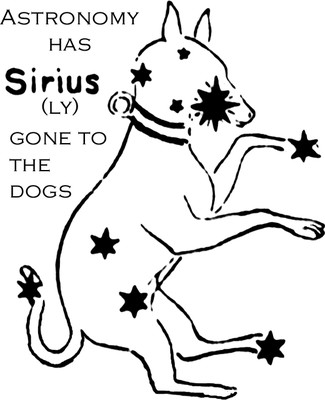
DEAR DR. BARNEEZLES:
My daughter is engaged to an astronomer. I don't really understand what an astronomer does, but I've never* had the nerve to ask. Can you shed any light?
*ever
A: If I shed light, the astronomer won't be able to see what he's looking at. This notwithstanding, I will try to answer your question. Pardon me a moment while I consult my notes. [A, C, E, G-sharp . . . yep, they're all here on the keyboard where they belong.]
The job of the astronomer is to show us that various inconceivably distant and consequently, from our vantage point, inconceivably tiny objects would be inconceivably large if, by travelling for an inconceivably long time (which of course we can't), we arrived where they are -- or rather where they would be if they were still there, which they wouldn't be. These scientists continue to bend every effort to address the pressing question of whether a universe which is infinitely large is more or less infinitely large than it was when it came into existence. If you're interested (and even if you're not), you can find much more information on this complex subject by pestering the clerk in the gift shop of your local planetarium.
|



 |
|
|
 |
 |

Timeless Gossip From the World of Music*
It would have been funny had it not been so witheringly embarrassing for the divine Annie Lennox. On the final night of Eurythmics' triumphant Peacetour in 1999, Annie caught herself singing her song "I Need a Man" shortly after an audience-rousing rendition of "Sisters Are Doin' It For Themselves." Though hardly the best Eurythmics song (by a long shot) and certainly not the greatest feminist manifesto ever penned, "Sisters" brought the house down in an explosion of equal-rights enthusiasm that beggared belief. Imagine Annie's mortification when she later heard herself repeating the words "I need a man" in front of the fully-packed stadium. It was as if she were lighting her voter registration card instead of her bra. A mumbled negation at the very end of the song, stating that in fact she did not need a man after all, seemed too little, too late. Luckily, this listener knows that a singer can play the role of actor, not necessarily agreeing with the words she communicates. If one demands a political message in every lyric, there's always Bono.
*When a musical performance is recorded, it transcends the fleeting moment and becomes timeless—as fresh and exciting the next hour as it is the next day, month, year, decade, and so on. Music gossip transcends time in the same way.
|

 |
|

Page 0 of 4044


Original Content Copyright © 2026 by Craig Conley. All rights reserved.
|




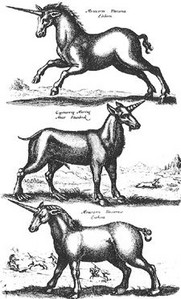

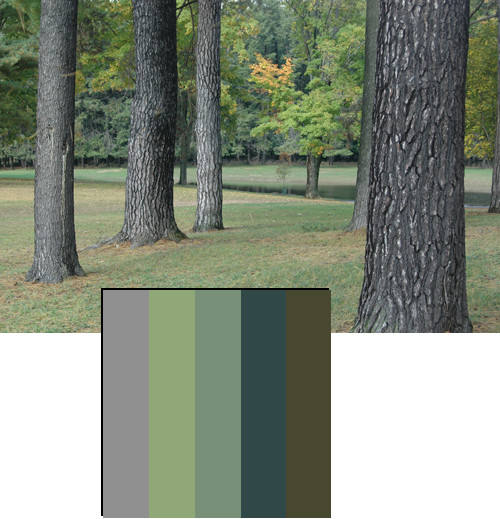



 This puzzle grid contains several big words. Can you find them?
This puzzle grid contains several big words. Can you find them?
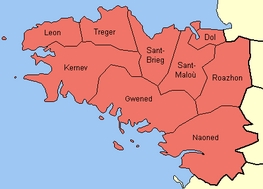





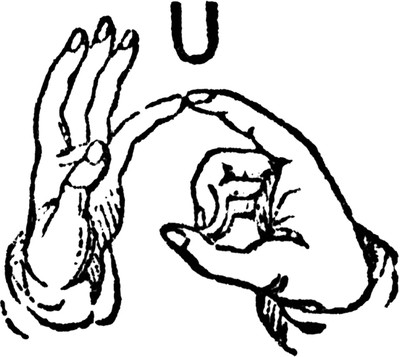



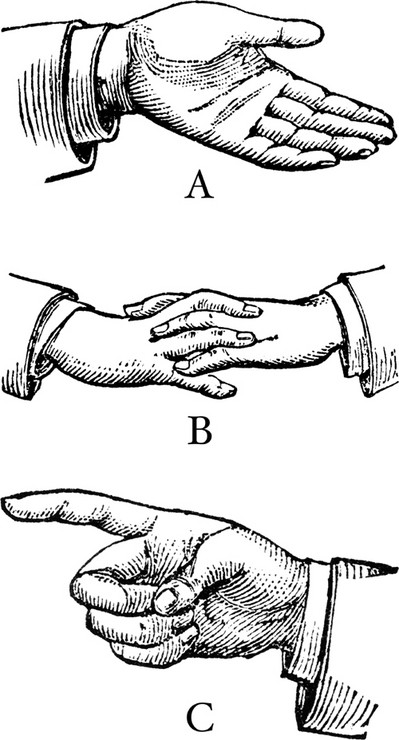
 This puzzle grid contains several big words. Can you find them?
This puzzle grid contains several big words. Can you find them?


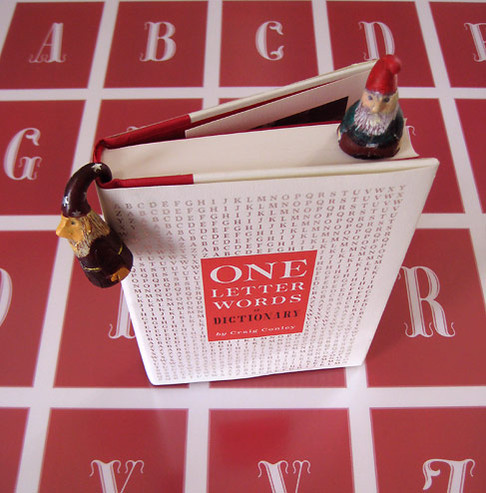



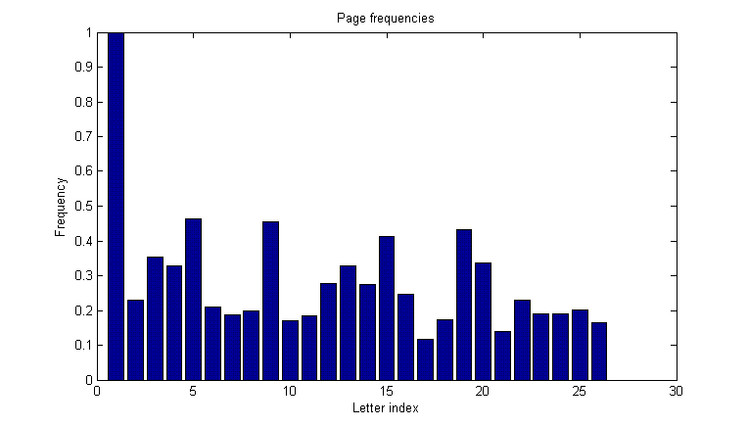
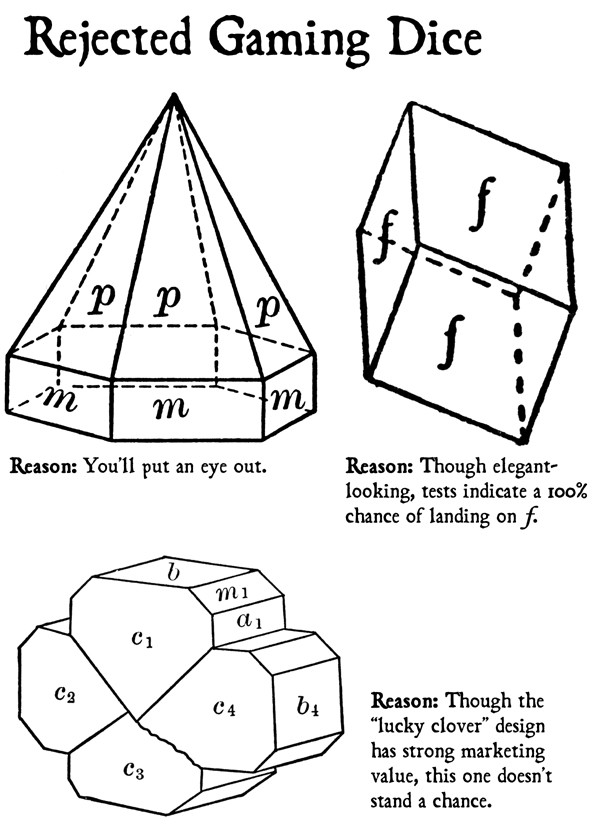
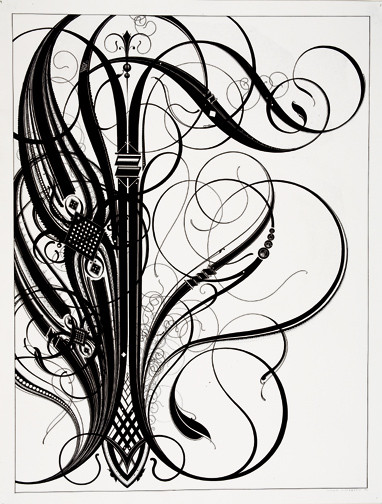


 This puzzle grid contains several big words. Can you find them?
This puzzle grid contains several big words. Can you find them?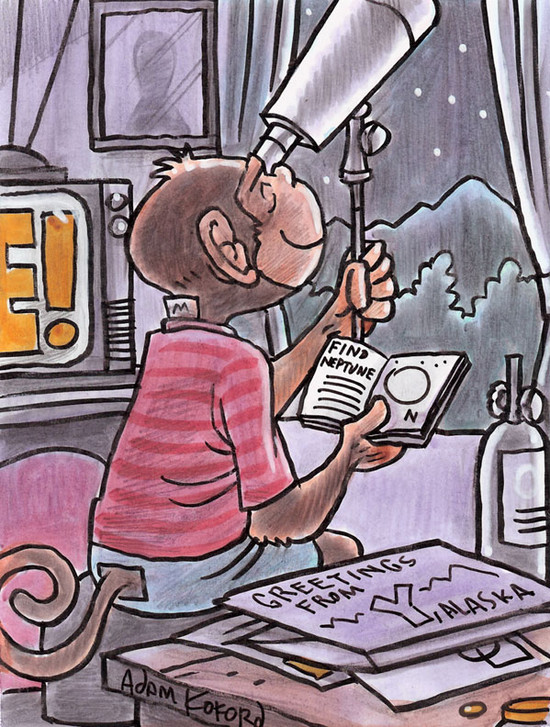
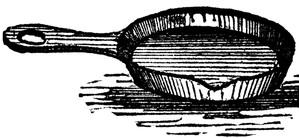


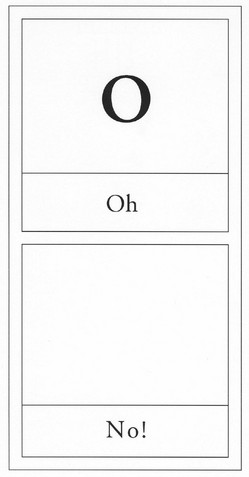





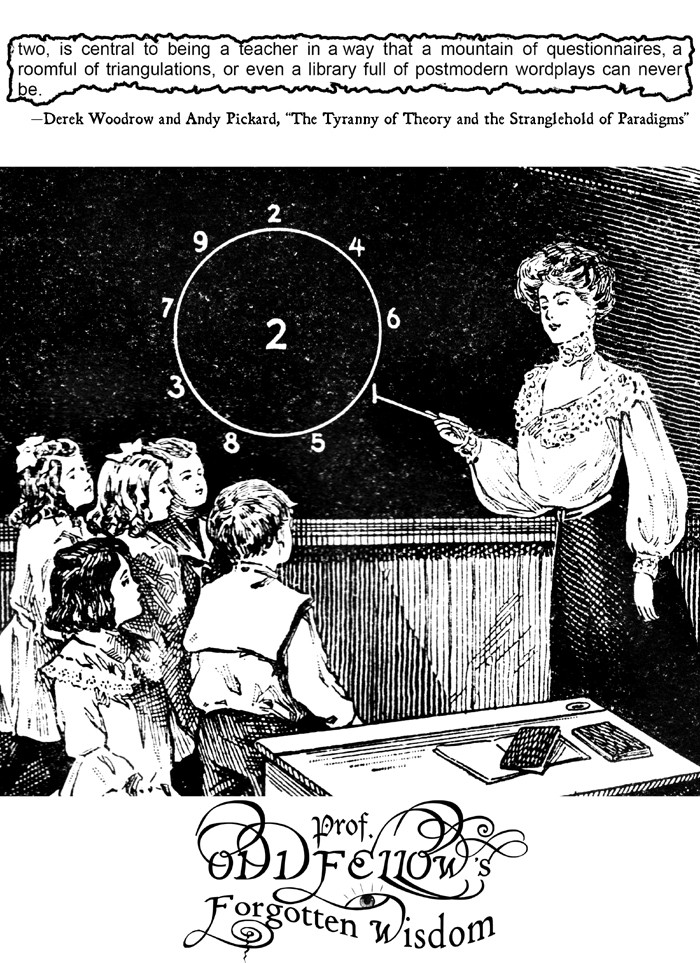
 This puzzle grid contains several big words. Can you find them?
This puzzle grid contains several big words. Can you find them?